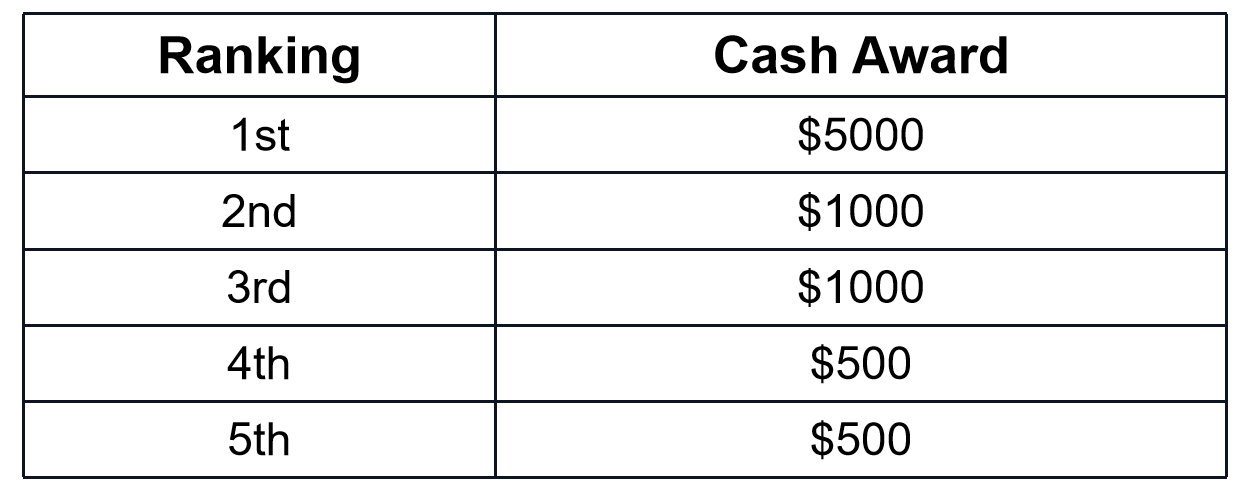MICCAI 2022 MELA Challenge:¶
Mediastinal Lesion Analysis¶
Note: To access the dataset, please "join" the challenge first.
*Update 9-15: *The challenge program (Sep 18) is available! If you have registered MICCAI 2022 Satellite Event (Sep 18), feel free to come to our virtual challenge workshop ;-)
Update 7-3: The evaluation and leaderboard are now open!
Update 7-2: Note the evaluation and leaderboard will be available during July 3, 2022, 00:00 ~ July 17, 2022, 23:59, Beijing Time (GMT+8).
Update 7-1: We have released the test dataset! Please refer to Dataset. Note that the evaluation and leaderboard will be available after 2 days.
Update 5-31: We have updated mela_origin_spacing.csv on Zenodo!!! There were some mistakes in the spacing_y of the Val set in mela_origin_spacing.csv in v3.0 on Zenodo. We have uploaded the right version of mela_origin_spacing.csv as v4.0 on Zenodo. However, v3.0 on BaiduNetdisk has always been the correct version. Please refer to Dataset.
Update 5-25: *We have updated the *dataset!!! The previously released dataset lacks the real origin and spacing information of CT scans, and the spacing is automatically set to 1mm. However, the annotation file we gave is based on pixel coordinates, so using the previous dataset will not affect the detection. To address the above issue, we have released a new version of MELA dataset, in which CT scans contain the real origin and spacing information. At the same time, we also provide a csv file containing each CT image's origin and spacing information. For details, please refer to the Dataset page.
Update 5-5: We have updated the annotation file, adding a missing annotation for 'mela_0732'. Please check out the newest annotation file in Dataset!!!
Update 4-15: We have released the annotated training and validation dataset! Please join the challenge and check out the Dataset.
1. Background¶
The mediastinum is the common site of various lesions, including hyperplasia, cysts, tumors, and lymph nodes transferred from the lungs, which might cause serious problems due to their location. Therefore, the detection of mediastinal lesions has important indications for the early screening and diagnosis of related diseases. Computer-aided diagnosis methods have been developed to assist doctors in interpreting massive computed tomography (CT) scans. However, few prior studies investigate deep learning methods on this labor-intensive task. This challenge establishes a large-scale benchmark dataset to automatically detect mediastinal lesions from 1100 CT scans, consisting of 770 CTs for training, 110 CTs for validation, and 220 CTs for testing. Each annotation file includes coordinates of the bounding box of each mediastinal lesion region per CT scan for serving the task of detection. We hope this challenge could facilitate the research and application of automatic mediastinal lesion detection and diagnosis.

Mediastinal lesions in CT scans from axial view.
2. Schedule¶
April 1April 15, 2022 The release date of the training cases and validation cases.¶April 1, 2022 ~ July 1, 2022 / 3 months The registration period¶
July 1, 2022 The release date of the test cases.¶
July 3, 2022 ~ July 17, 2022 / 2 weeks The submission period.¶
3. Awards¶
- A certificate will be awarded to challenge top-5 teams.
¶
- The organizer will afford partial costs for attending the satellite event for the top-5 teams.
¶
- Cash prizes will be awarded to the top-5 teams, totaling up to \$8,000. For details, please refer to the table below.

¶
- Top teams will be invited to contribute to a challenge review paper. Details in the publication page.
4. Rules¶
¶
- A public leaderboard is available during a 2-week evaluation period (1 week after the evaluation set is released).
- Challenge participants will be allowed to make a maximum of 5 submissions per day during the evaluation period.
¶
- Top-3 teams are required to submit a 4-page solution.
¶
- Publicly available data is allowed if and only if it is clearly stated in the submitted solution.
¶
- Any manual labeling on training, validation or test test is strictly forbidden. However, you are free to generate any auxiliary label with fully automatic algorithms if and only if it is clearly stated in the submitted solution.
¶
- Open source code is not required. However, the organizers encourage publicly available code submissions.
¶
- Evaluation will be performed online. Official evaluation code will be open source at MELA official repository.
¶
- The organizers reserve the right to exclude the submissions that we consider invalid.
5. Contact¶
If you have any questions, feel free to email us.
6. Organized by¶



7. Endorsed by¶

 ¶
¶
8. Citation¶
If you find this work useful in your research, please acknowledge the MELA project teams in the paper and cite this project as per the publication page.¶
Media Partners¶
style="text-align: left;" target="_blank"><img¶
src="https://public.grand-challenge-user-content.org/i/2022/04/11/AI%E7%A7%91%E6%8A%80%E8%AF%84%E8%AE%BA.jpg" style="width: 106.396px; height: 106.396px;" /> target="_blank">
style="text-align: left;" target="_blank">
style="text-align: left;" target="_blank">




